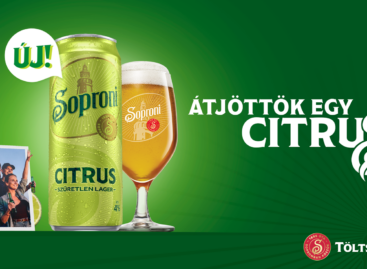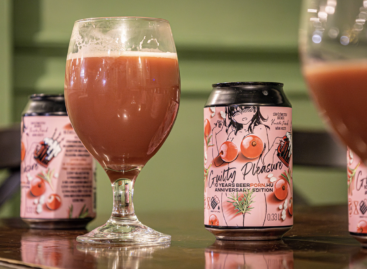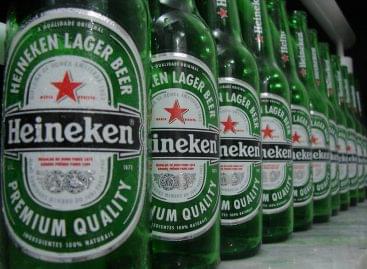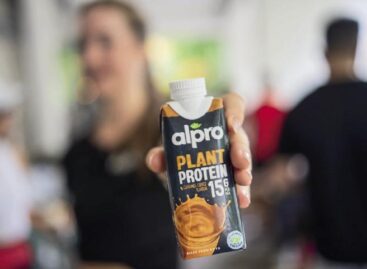The German beer market has sunk to a historic low – alcohol-free versions are becoming increasingly popular
German beer sales fell to a more than 30-year low in the first half of 2025: according to the latest figures from the German statistics office (Destatis), turnover fell by 6.3%, or 262 million liters, compared to the same period last year, making it the first time that consumption has fallen below 4 billion liters in a half-year. The official figure is 3.9 billion liters, which does not include non-alcoholic beers, malt beverages and imports from outside the EU.
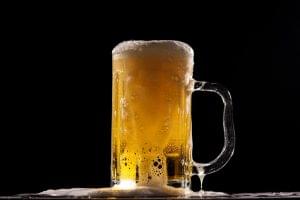 The decline is due to several interrelated social trends: an aging population, the spread of a health-conscious lifestyle, and the changing drinking habits of younger generations. Although beer culture is still an integral part of German gastronomy, the sector is experiencing a significant restructuring: it accounts for more than 80% of domestic turnover, which fell by 6.1%, while exports fell by 7.1%.
The decline is due to several interrelated social trends: an aging population, the spread of a health-conscious lifestyle, and the changing drinking habits of younger generations. Although beer culture is still an integral part of German gastronomy, the sector is experiencing a significant restructuring: it accounts for more than 80% of domestic turnover, which fell by 6.1%, while exports fell by 7.1%.
At the same time, the popularity of non-alcoholic beers has continued to grow. Production has almost doubled in ten years and now accounts for 9% of the beer market. They are consumed in even greater proportions in the hospitality industry: here their share is 12.3%, and in some regions – such as Rhineland-Palatinate or the Saarland – every fourth beer is non-alcoholic. However, industry players warn that this segment is not a salvation either, as competition is becoming increasingly fierce here too.
The German Brewers’ Association emphasizes that the sector is under severe cost pressure. Energy, raw material and wage costs are constantly rising, while wholesale prices are not keeping up. Weak consumer sentiment and the crisis in the hospitality industry are further aggravating the situation. The result: in the past five years, nearly a hundred small and medium-sized breweries have closed down, and larger manufacturers are also closing their sites one after another.
Due to market oversaturation, retail chains are gaining a stronger bargaining position, while manufacturers are working with ever-shrinking profits. Experts say no significant improvement is expected until 2026: breweries will continue to face shrinking margins, increasing competition, and a more difficult investment environment.
Related news
Unfiltered lager is refreshed with citrus, Balaton Summer is coming soon
🎧 Hallgasd a cikket: Lejátszás Szünet Folytatás Leállítás Nyelv: Auto…
Read more >Hungarian beer magazine celebrates with rosé beer
🎧 Hallgasd a cikket: Lejátszás Szünet Folytatás Leállítás Nyelv: Auto…
Read more >Slovenia’s largest brewery not affected by Heineken Group’s downsizing for now
🎧 Hallgasd a cikket: Lejátszás Szünet Folytatás Leállítás Nyelv: Auto…
Read more >Related news
Focus on the domestic fishing sector at SIRHA Budapest
🎧 Hallgasd a cikket: Lejátszás Szünet Folytatás Leállítás Nyelv: Auto…
Read more >Where wheat turns into flour and data: this is how the domestic milling industry is digitizing
🎧 Hallgasd a cikket: Lejátszás Szünet Folytatás Leállítás Nyelv: Auto…
Read more >High-protein products are taking over
🎧 Hallgasd a cikket: Lejátszás Szünet Folytatás Leállítás Nyelv: Auto…
Read more >


